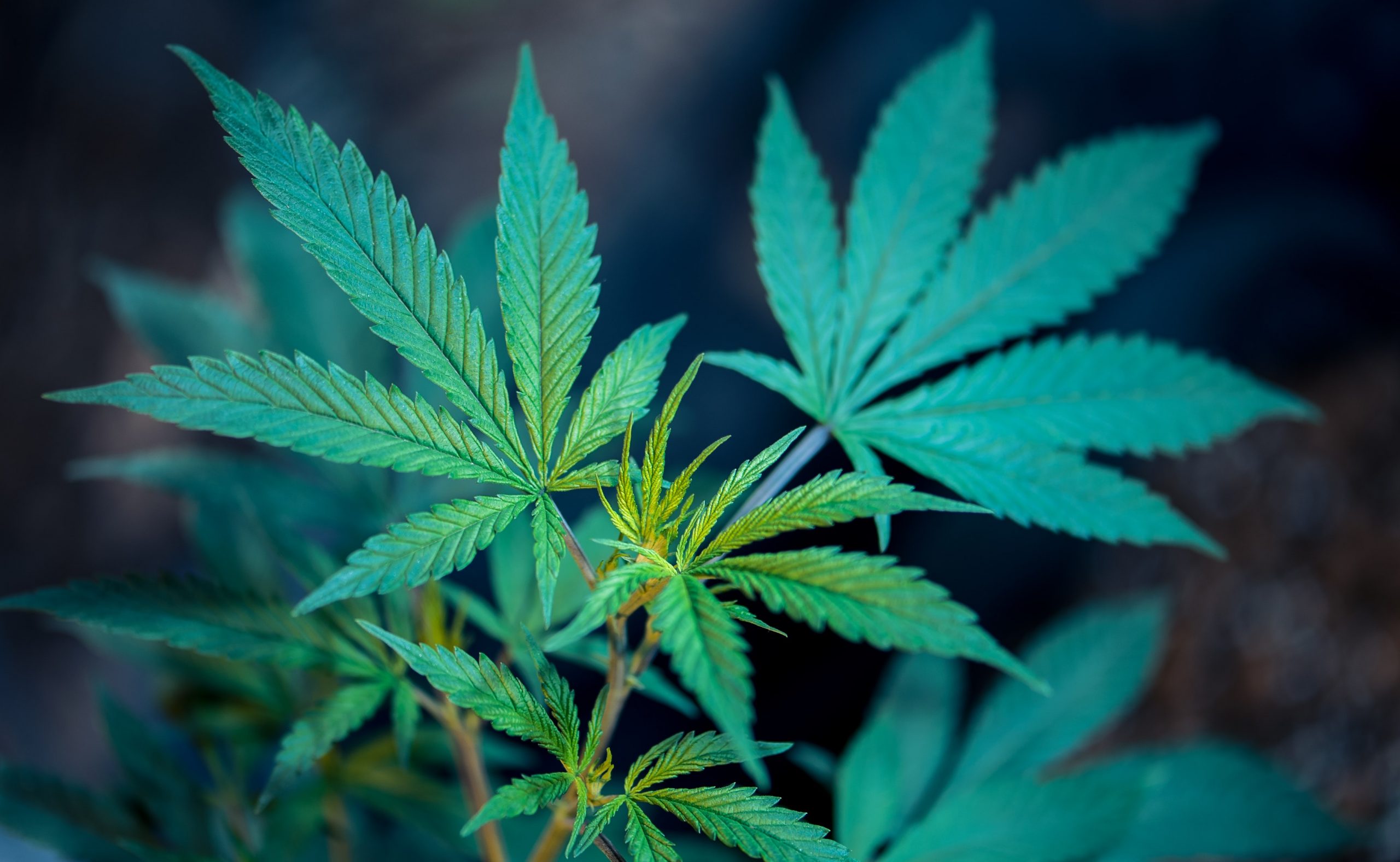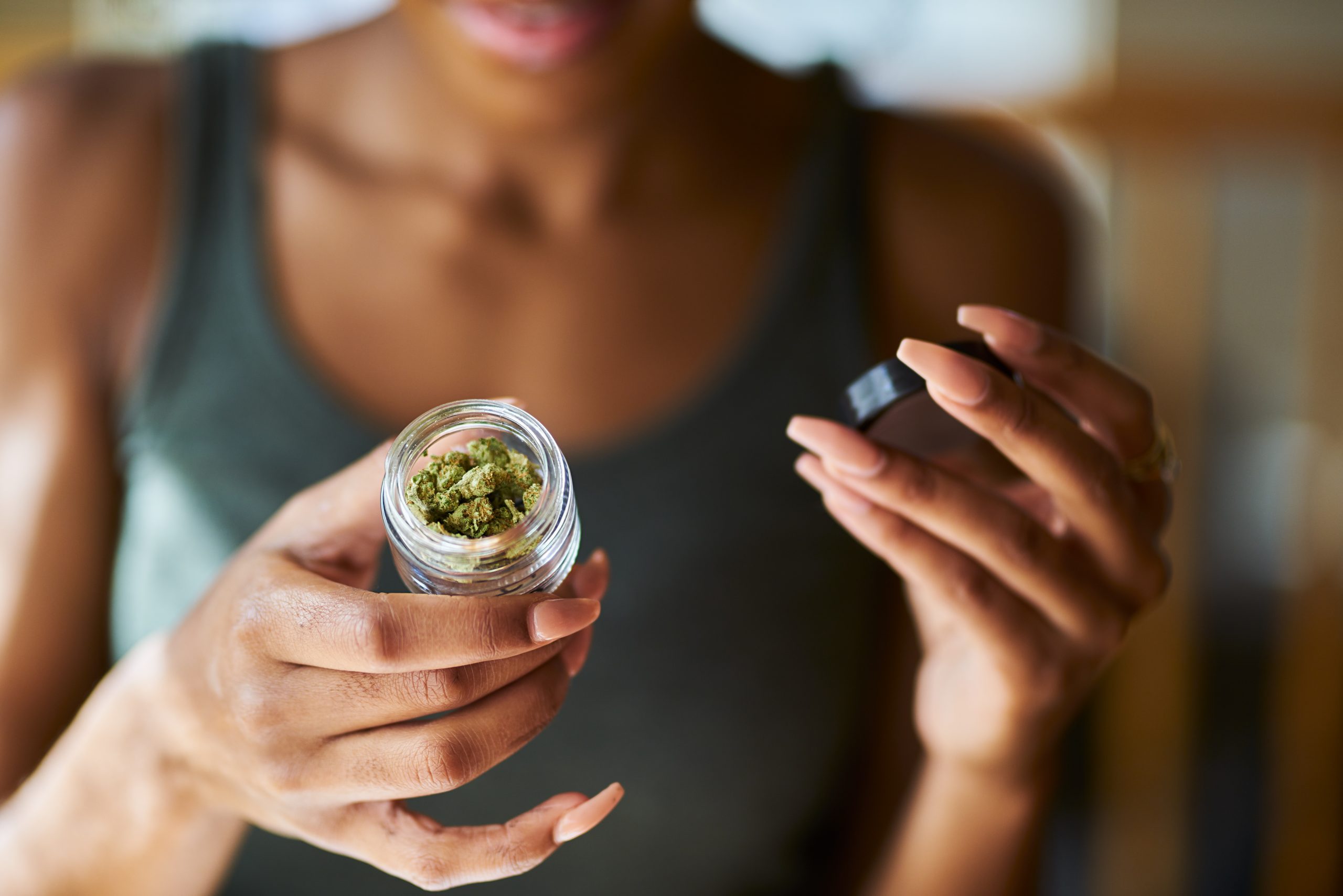
The cannabis business is not only here to stay, but it is also expanding at an astronomical rate. Over half of the states have decriminalized cannabis cultivation, allowed restricted applications to cannabidiol (“CBD”) or hemp, or allowed TCH-containing Cannabis for medicinal, adult, or both purposes. At the federal level, however, the Controlled Substances Act (CSA) still classifies cannabis as an illegal substance, which has hampered the growth of many cannabis enterprises.
A large amount of reporting is necessary for banks that provide services for cannabis-related firms. Even when they provide the required reporting, these financial institutions might be targeted by the government and prosecuted for alleged money laundering. As a result, most businesses involved in the cannabis industry use cash for everything from salaries to purchases to garbage pickup.
The Big Issues
1. Public safety
When cannabis businesses have a considerable amount of cash on hand, they put their staff and the general public in danger. These businesses have become targets of theft and burglary. As a result of the federal government’s belief that “cannabis cash” deposited in a savings institution may represent the proceeds of illegal activity, depositing cash in such an institution carries a significant risk of loss for these businesses.
Cannabis businesses must spend a lot of money on security people and equipment and cash counting devices and safes to protect their employees and customers. Internal theft by workers or service providers lured by readily available cash is most likely undeterred.
2. Costs of doing business
A lack of banks willing to take “cannabis money” leaves the door open for questionable and unscrupulous practices. Financial predators are technically given the capacity to take advantage of possibly struggling cannabis enterprises. Private vulture capitalists may also engage in predatory activity. These risks lead to increased running costs and a higher-end product price.
Sometimes, cannabis businesses are forced into bankruptcy, as even loans are denied.
The norm is for the bigger cannabis enterprises, armored cars, former military personnel guards, semi-automatic weapons, etc. But these are not unregulated market transactions, and Cannabis is legal in many states. Because these businesses cannot access federally regulated and insured central banking institutions, they have many hurdles to overcome. These increase their operating costs, which then get passed along to the consumers with a higher-end product price.

What is the SAFE Banking Act?
The SAFE Banking Act is an acronym that stands for the Secure and Fair Enforcement (SAFE) Banking Act. Financial institutions and legal cannabis enterprises are relieved by the SAFE Banking Act of 2021, since it provides a variety of safeguards, such as:
- Federal banking authorities may not limit, penalize or discourage a financial institution or depository institution from providing banking services to a legal cannabis-related firm; this is prohibited.
- Assuring that transactions involving legitimate cannabis-related firms are not subject to anti-money laundering legislation, and hence are not deemed proceeds of illegal activity.
- Establishing that depository institutions are not liable or susceptible to confiscation of assets for providing loans or other financial services to legal cannabis-related enterprises under federal law.
- Banking regulators that want to terminate client relationships with protected cannabis-related businesses are prohibited unless they can demonstrate that the agency’s legitimate reasons are due to other potential risk factors.
Why is the SAFE Banking Act Important?
Cannabis-related firms and financial institutions alike will benefit from the Safe Banking Act of 2021, which eliminates the stigma around Cannabis and legitimizes such enterprises. Cannabis businesses will no longer have to rely only on cash as a means of payment since they will have easy access to essential banking and financial services.
Financial institutions will now be able to cooperate with cannabis enterprises without fear of being indicted, prosecuted by the federal government, or subject to regulatory fines.
Find out more from a New York State cannabis attorney
For more information, contact New York State Cannabis Attorney Michelle Fields. With over 18 years of litigation experience and a focus on The Business of Cannabis, ours is a special commitment to an Inclusive Cannabis Marketplace. You can read more about these issues here and contact me at 718-400-6143.
























